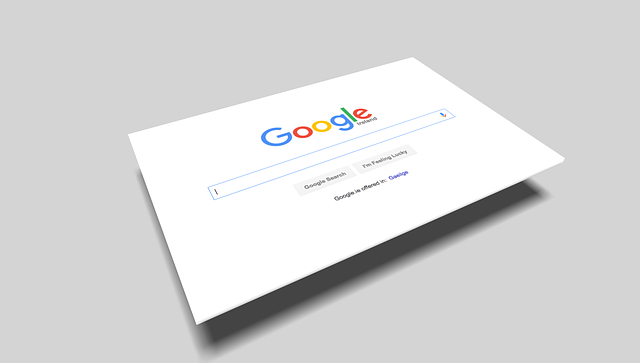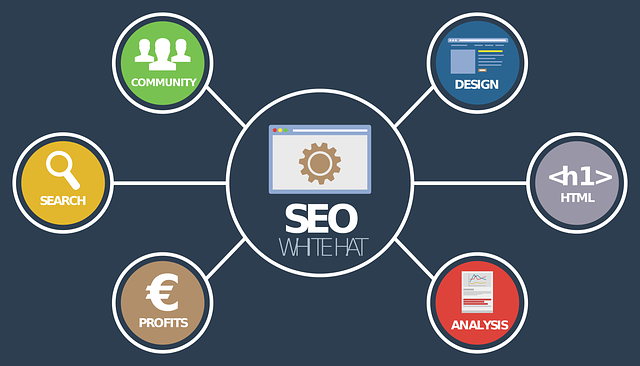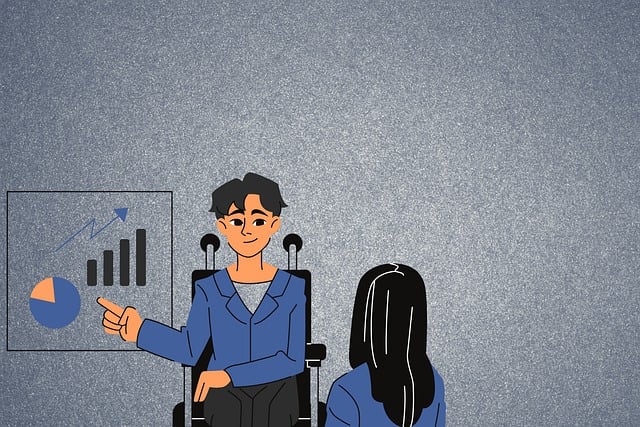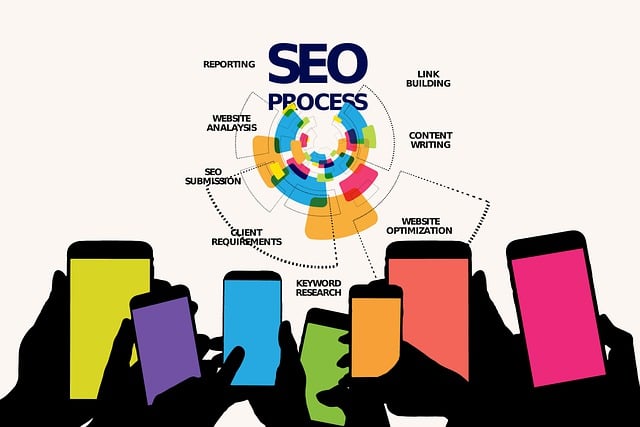Artificial Intelligence (AI) has transformed content creation, offering opportunities through tools for text, image generation, and enhanced editing. AI SEO Training empowers professionals to optimize content for global discoverability using advanced data analysis, keyword strategies, and meta tag creation. Despite limitations in creativity and context, AI models trained on diverse datasets can generate narratives and marketing copy. Ethical considerations, including bias mitigation, copyright, and job displacement, require a balanced approach. The future involves a collaborative partnership between AI and creators for content generation, leveraging AI's technical capabilities while preserving human oversight and creativity.
“Artificial intelligence (AI) is transforming content creation, offering a new creative paradigm. This article explores the rising trend of AI in content generation, delving into its capabilities and limitations. We uncover how AI optimizes content for search engines through advanced algorithms, enhancing visibility and reach. Additionally, we discuss training models for creative writing and generating diverse content while mitigating ethical concerns. As AI continues to evolve, we glimpse into its future role in merging creativity with technology, shaping the landscape of digital expression.”
The Rise of AI in Content Creation: A New Paradigm

The landscape of content creation has undergone a profound transformation with the advent and rapid evolution of Artificial Intelligence (AI). What was once a realm dominated by human creativity alone is now being reshaped by AI, offering both exciting opportunities and new challenges. As we navigate this digital age, AI has emerged as a game-changer, revolutionizing how we create, curate, and consume content. From generating text and images to enhancing editing processes, AI tools are becoming indispensable for content creators, marketers, and businesses alike.
The rise of AI in content creation is not just a trend but a paradigm shift driven by the increasing demand for personalized, high-volume, and engaging content. With AI SEO training becoming more accessible, professionals can now harness this technology to optimize content for search engines, making it more discoverable and relevant to audiences worldwide. This new era demands a reevaluation of traditional practices, fostering a collaborative environment where humans and AI work together to push creative boundaries and deliver exceptional results.
Understanding the Capabilities and Limitations

Artificial Intelligence (AI) has transformed content creation, offering unprecedented capabilities that were once confined to human writers and artists. From generating text and images to enhancing editing processes, AI tools are revolutionizing how we produce and consume media. For instance, AI SEO training can equip content creators with advanced strategies for optimizing digital content, ensuring their work reaches broader audiences. These technologies excel at analyzing vast data, identifying patterns, and making predictions, enabling more effective storytelling and targeted marketing.
However, it’s crucial to recognize the limitations of current AI systems. Despite remarkable advancements, AI often struggles with creativity, context, and nuanced understanding. It relies on training data, which means its performance is only as good as the quality and diversity of that data. Additionally, ethical considerations come into play, especially regarding copyright, bias in algorithms, and the potential displacement of human workers. Therefore, a balanced approach is necessary, leveraging AI’s strengths while ensuring human oversight and creativity remain integral to the content creation process.
AI's Role in Optimizing Content for SEO

Artificial Intelligence (AI) is transforming content creation, and one of its most significant contributions is in optimizing content for Search Engine Optimization (SEO). AI algorithms can analyze vast amounts of data to understand user preferences, search trends, and keyword usage patterns. This capability allows AI to provide valuable insights to content creators, helping them craft SEO-friendly material that resonates with their target audience. By leveraging AI, writers can research relevant keywords, suggest topics, and even generate draft content that aligns with the latest SEO best practices.
AI SEO Training plays a crucial role in empowering professionals to harness this technology effectively. Through specialized training programs, individuals learn how to utilize AI tools for content strategy development, keyword optimization, and meta tag creation. This skill set enables content creators to stay ahead of the curve, ensuring their work not only ranks higher on search engines but also delivers a better user experience. As AI continues to evolve, staying informed about these advancements will be essential for anyone looking to excel in digital content creation.
Training Models for Creative Writing and Generative Content

AI models are trained using vast datasets, which include a wide range of text from diverse sources. This training process allows them to learn patterns, grammar rules, and semantic relationships within language. For creative writing and generative content tasks, AI is increasingly employed due to its ability to produce human-like text that can be both imaginative and coherent. The models are taught to generate narratives, poems, or even marketing copy by understanding context, maintaining tone, and adhering to linguistic structures.
Training involves fine-tuning these models on specific content types, ensuring they capture the nuances of creative expression. With advancements in natural language processing (NLP), AI can now assist writers by generating initial drafts, offering suggestions for plot twists, character development, or poetic metaphors. This collaborative approach between humans and AI enhances creativity and streamlines content creation processes, making it an exciting area of exploration in modern digital marketing strategies.
Ethical Considerations and Bias Mitigation

As AI takes center stage in content creation, ethical considerations and bias mitigation have become paramount. The algorithms powering these systems learn from vast datasets, and if these data reflect societal biases or historical inequalities, the AI is likely to perpetuate them. This raises concerns about fairness, representation, and accuracy in generated content. Addressing these issues requires a multi-faceted approach. First, it involves diversifying and curating training data to ensure a broader and more inclusive representation. Developers must also implement mechanisms for regular auditing and transparency, allowing for the identification and correction of biases as they emerge.
AI SEO Training plays a crucial role in this process by equipping creators and developers with the knowledge and skills needed to navigate these complex ethical landscapes. Through specialized courses and workshops, individuals learn best practices for bias detection, data cleaning, and algorithmic fairness. By integrating these into content creation workflows, we can strive towards AI systems that produce content not only efficient but also equitable, ensuring a future where technology serves as an enabler of diverse voices and perspectives.
The Future: Merging Creativity and Artificial Intelligence

The future of content creation is an exciting prospect, as Artificial Intelligence (AI) continues to evolve and merge with human creativity. With advancements in AI SEO training, we’re witnessing a transformative shift where intelligent algorithms can now assist writers and creators in producing high-quality, optimized content at scale. This collaboration between humans and machines promises to redefine the landscape of content generation.
Imagine an environment where AI tools can understand context, interpret complex themes, and offer tailored suggestions, ultimately enhancing the creative process. These systems can analyze vast amounts of data, identify trends, and provide insights that might elude human analysts. As a result, creators can focus on crafting compelling narratives, while AI handles the technical aspects, ensuring content is not only engaging but also optimized for search engines. This collaboration fosters innovation, enabling content creators to stay ahead in an increasingly digital world.
